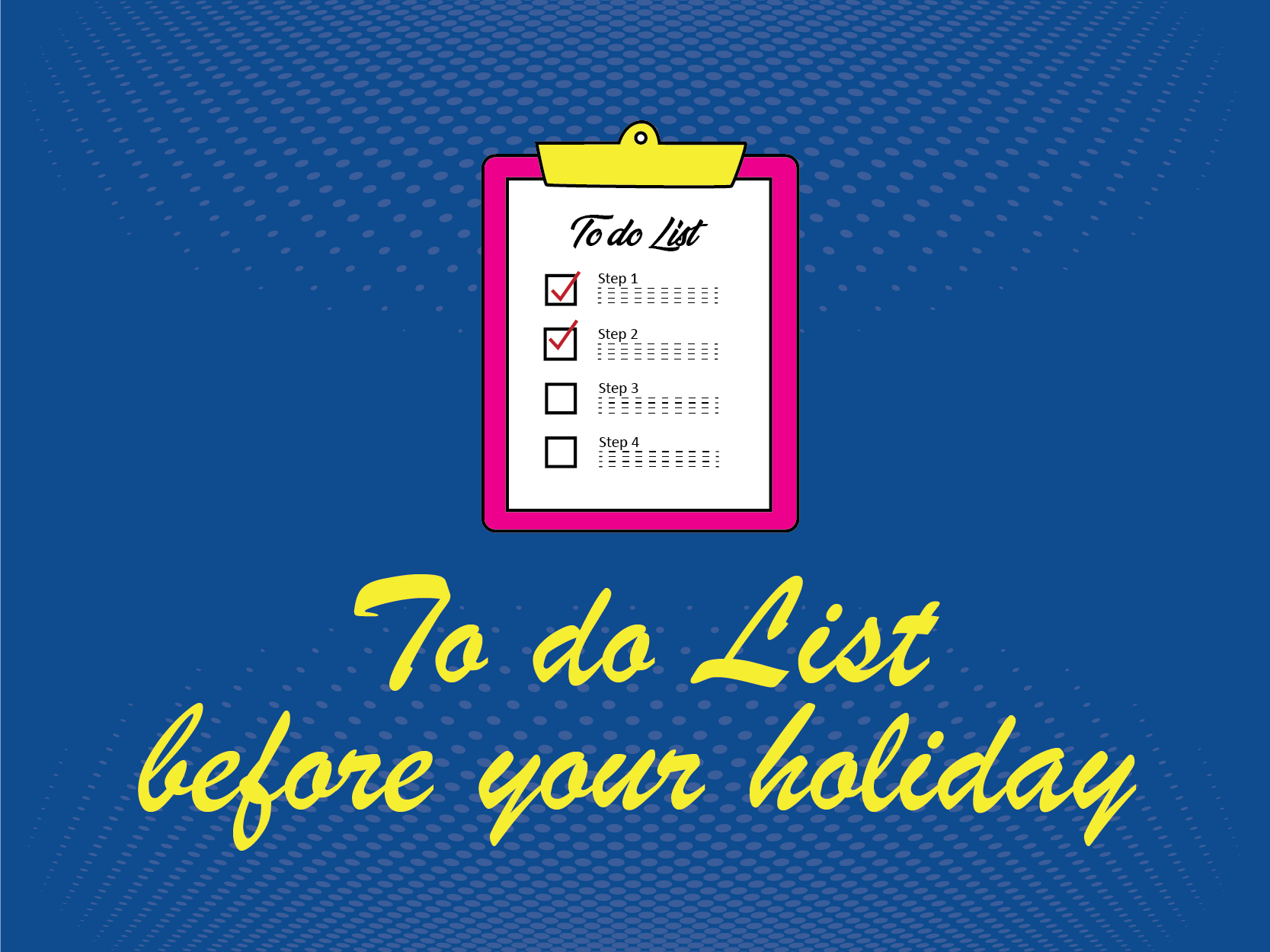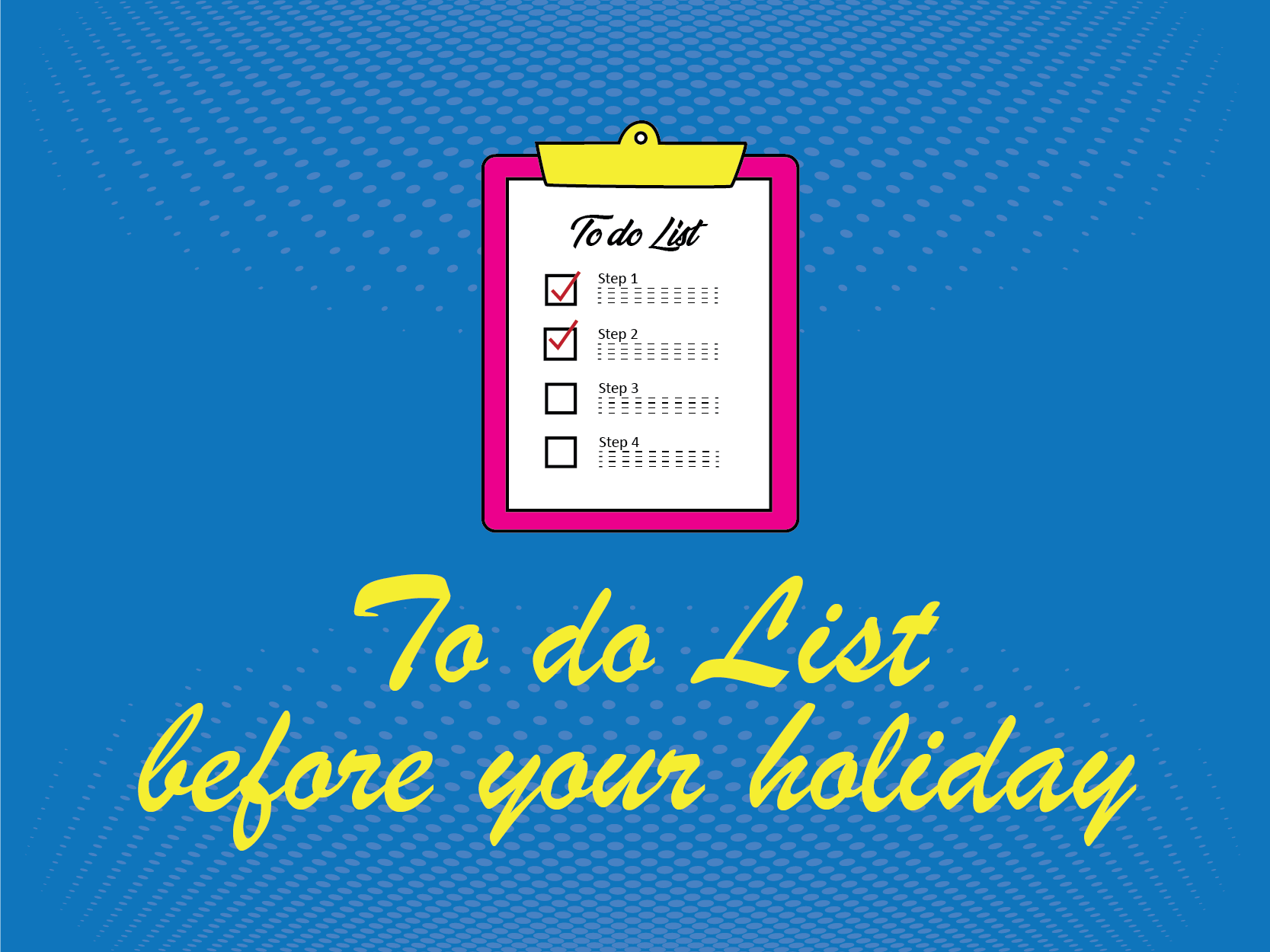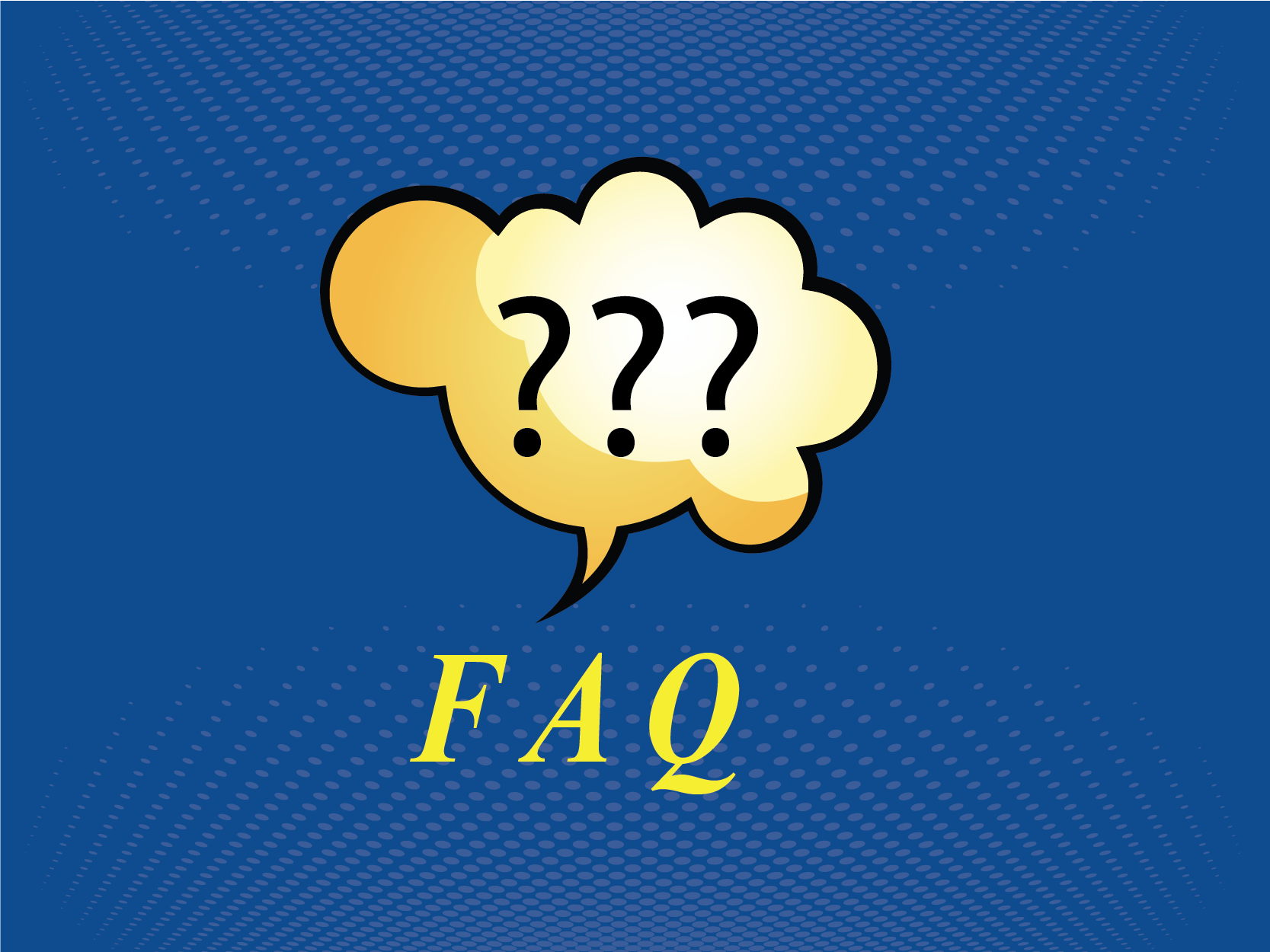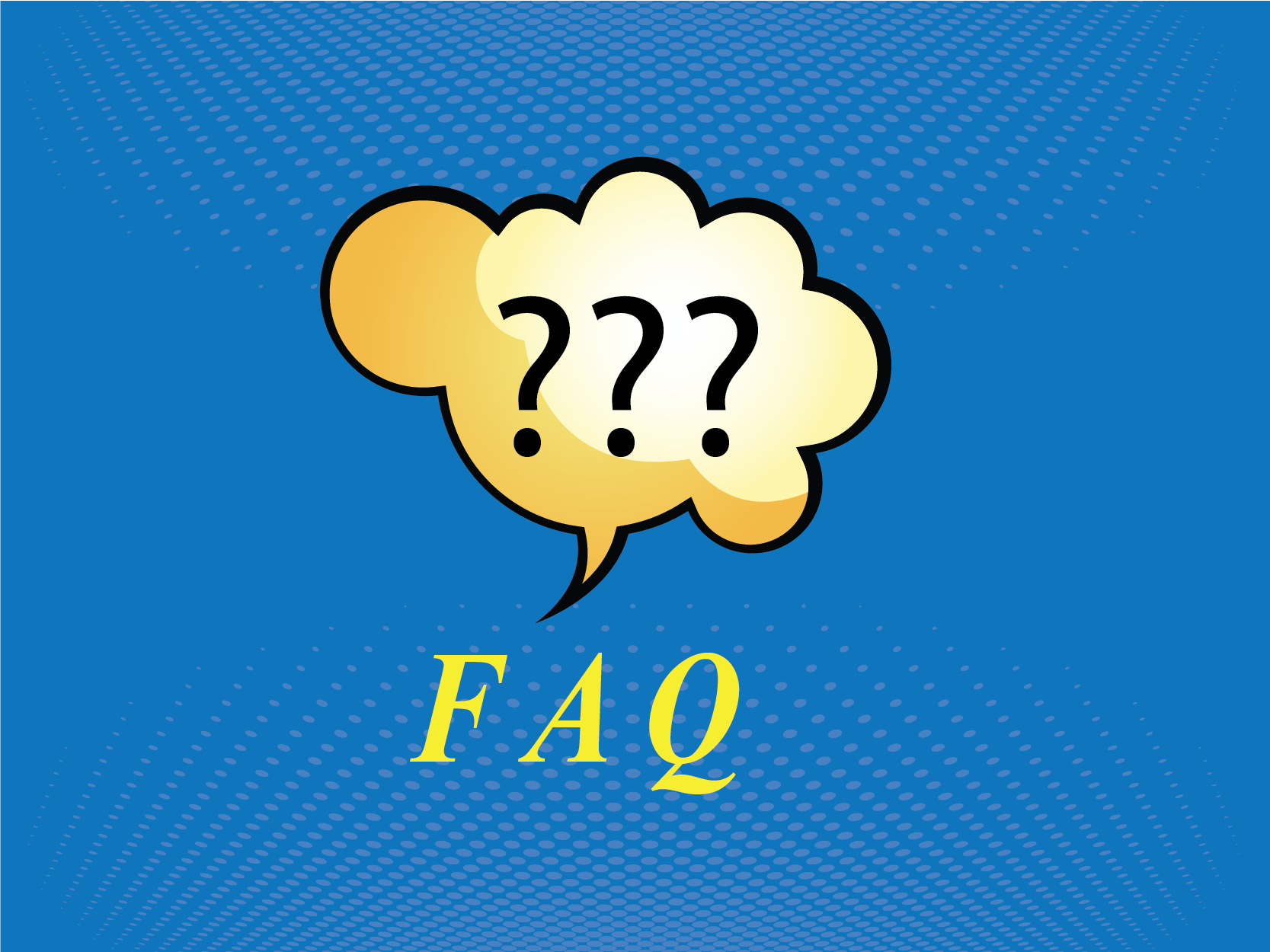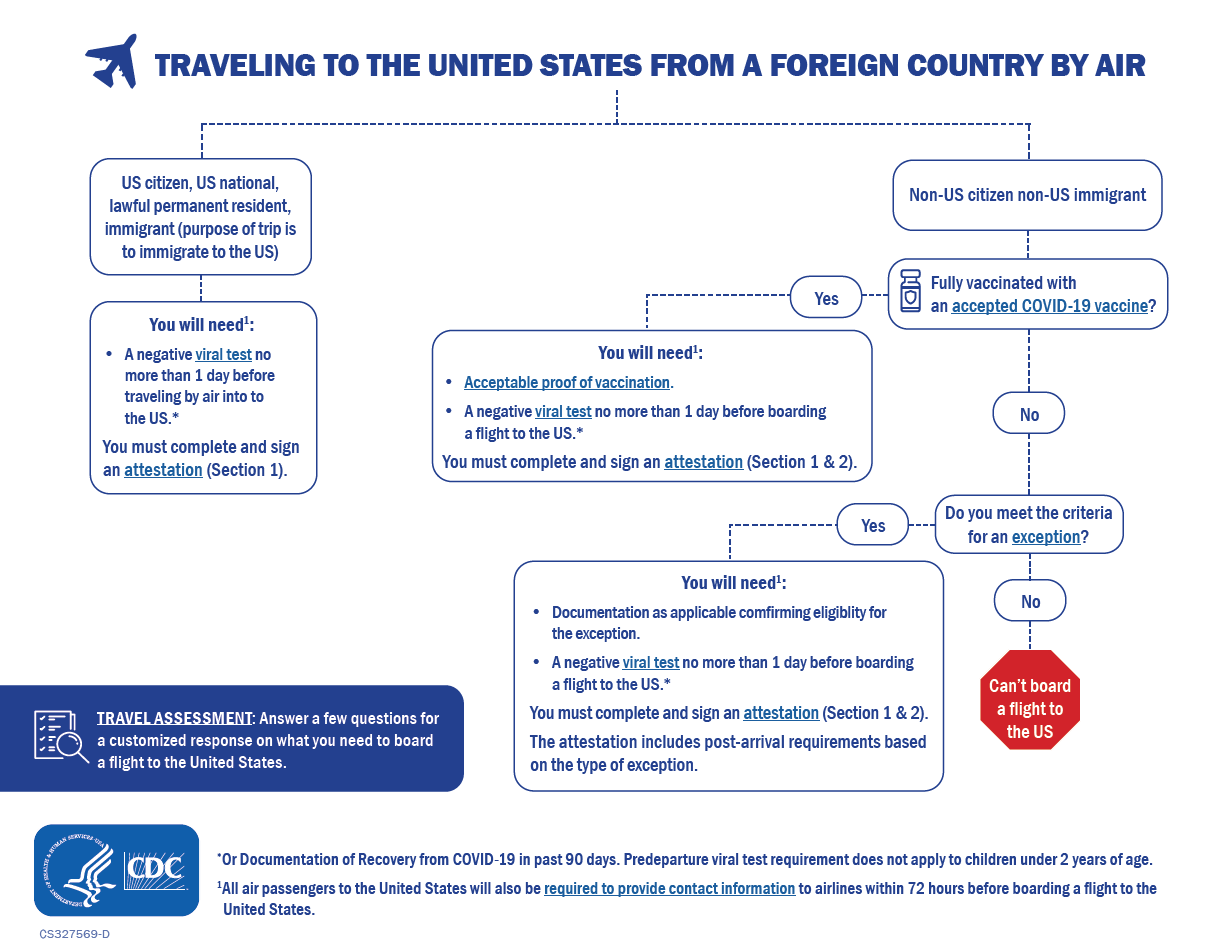Unvaccinated children under 12 years of age
If you qualify as a fully vaccinated traveller, your unvaccinated children must follow specific requirements when you return to or enter Canada. This applies to unvaccinated children under 12 years of age who are accompanying a parent, stepparent, guardian or tutor who qualified as a fully vaccinated traveller when they entered Canada.
Unvaccinated children under 12 must complete pre-entry, arrival and Day-8 tests, unless you have evidence that the child had a positive COVID-19 test taken 14 to 180 days prior to arrival in Canada or the child is under 5 years of age.
Youth aged 12 to 17 years of age
Unvaccinated and partially vaccinated youth 12 to 17 years of age are subject to the 14-day quarantine, and all testing requirements for pre-entry, arrival, and Day-8 tests, whether or not they are accompanied by travellers who qualify as a fully vaccinated traveller.
Unvaccinated adult dependents
Dependents 18 years of age or over who are unvaccinated because of mental or physical limitation may enter but must follow all testing and quarantine requirements, even when they are accompanied by parents or guardians who qualify as a fully vaccinated traveller.
ArriveCAN: If your submission includes travellers who are not exempt from the requirement to quarantine (e.g., unvaccinated 12- to 17-year-olds or unvaccinated dependent adults), you will receive ArriveCAN notifications and will be asked to complete daily reporting for the unvaccinated travellers.







